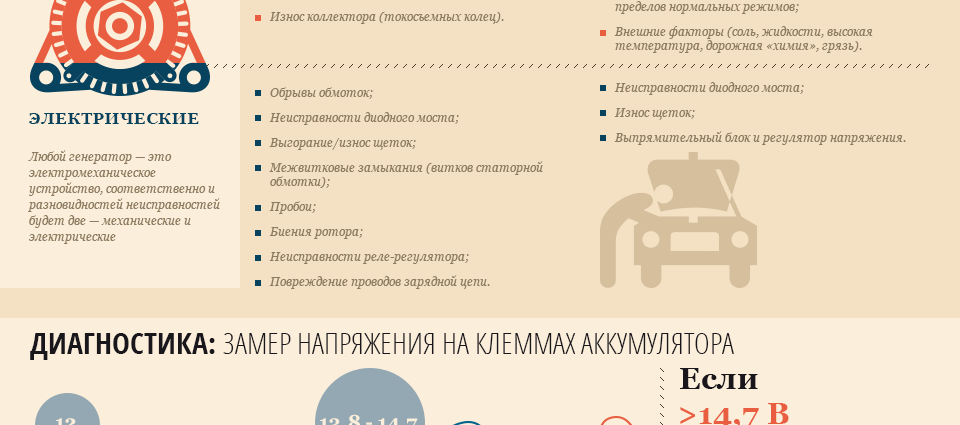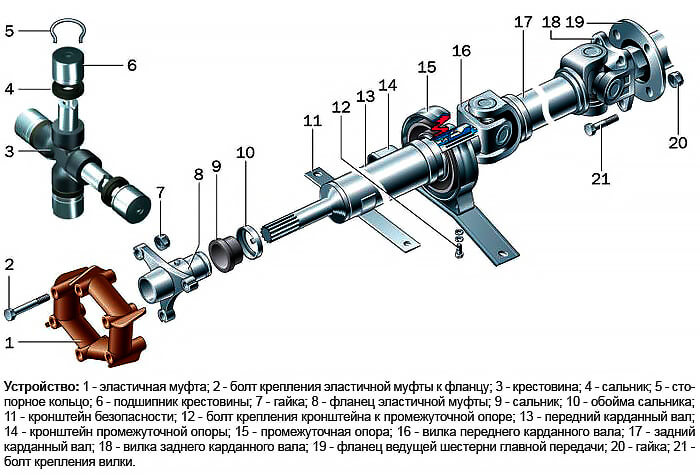
Symptoms of a Bad or Faulty Supercharger Belt
Common signs include a ticking engine sound, reduced fuel consumption, and an immediate loss of power.
When Phil and Marion Roots filed for a patent for the first supercharger in 1860, they had no idea that their power accumulator, originally designed for blast furnaces, would revolutionize hot rodding, motorsports, and even the automotive world. Since then, automotive pioneers such as engineer Rudolf Diesel, hot rodder Barney Navarro, and drag racer Mert Littlefield have created many automotive applications for superchargers, from street to strip. The vital element of the supercharger is the supercharger belt, mechanically driven by a system of gears and pulleys that rotate a set of vanes inside the supercharger housing to force more air into the fuel intake manifold, thereby generating more power.
Because the supercharger belt is so important to the efficient operation of a supercharged engine, ensuring the integrity and health of the supercharger belt is an important part of the routine maintenance that everyone should perform. However, like any other mechanical device, the supercharger belt wears out over time, which eventually leads to complete failure. If a fan belt breaks while the vehicle is running, it can lead to minor problems such as reduced engine performance or rich fuel situations, to major mechanical problems ranging from cylinder head hardware failure to broken connecting rods.
There are several warning signs that any owner of a supercharged engine should be aware of that could indicate a problem with the supercharger belt. Here are some of the common signs of a bad or faulty supercharger belt.
1. Ticking sound coming from the engine
One of the hardest things to diagnose without frequent visual inspection is the blower belt is worn out and needs to be replaced. However, one of the very subtle warning signs of this situation occurring is caused by a worn supercharger belt hitting the belt guard or other pulleys that help power the supercharger. This sound will be like an engine knocking or a loose rocker arm and will increase in volume as the fan speeds up. If you hear this ticking sound coming from the engine, stop and inspect the supercharger belt for wear, strings, or excess rubber that could fall apart.
2. Reduced fuel efficiency
Some of today's high performance cars are equipped with superchargers that use a supercharger belt to spin the rotors inside to produce more air that can be mixed with more fuel to produce more power. When the supercharger belt wears out and breaks, the supercharger will stop rotating, however, unless the fuel is manually adjusted or controlled by electronic fuel injection, raw fuel will not burn inside the combustion chamber. This will result in a "rich" fuel state and a huge waste of fuel.
Any time you have a blower belt that breaks, it's a good idea to park your car until a new belt can be installed by a professional mechanic who will also ensure that the ignition timing and other critical vehicle components are properly adjusted.
When the Power supercharger belt suddenly breaks, it stops spinning the supercharger. Once the supercharger stops turning the propellers or vanes inside the supercharger, it will not force air into the manifold and thus rob the engine of a huge amount of horsepower. In fact, in a modern NHRA Top Fuel dragster, the loss of the supercharger belt will completely flood the cylinder with raw fuel, causing the engine to shut down completely. While the average city car doesn't supply 1/10 the fuel of those 10,000-horsepower monsters, the same thing happens, causing an instant loss of power when accelerating.
As a general rule, the owner of a car with a supercharger is quite astute in recognizing the symptoms associated with a broken or worn supercharger belt. However, if you notice any of the above warning signs, your best bet is to stop driving and replace the supercharger belt, adjust the pulleys, and make sure the ignition timing is set correctly. If you do not have the experience to do this job, contact an automotive engine performance expert in your area.

